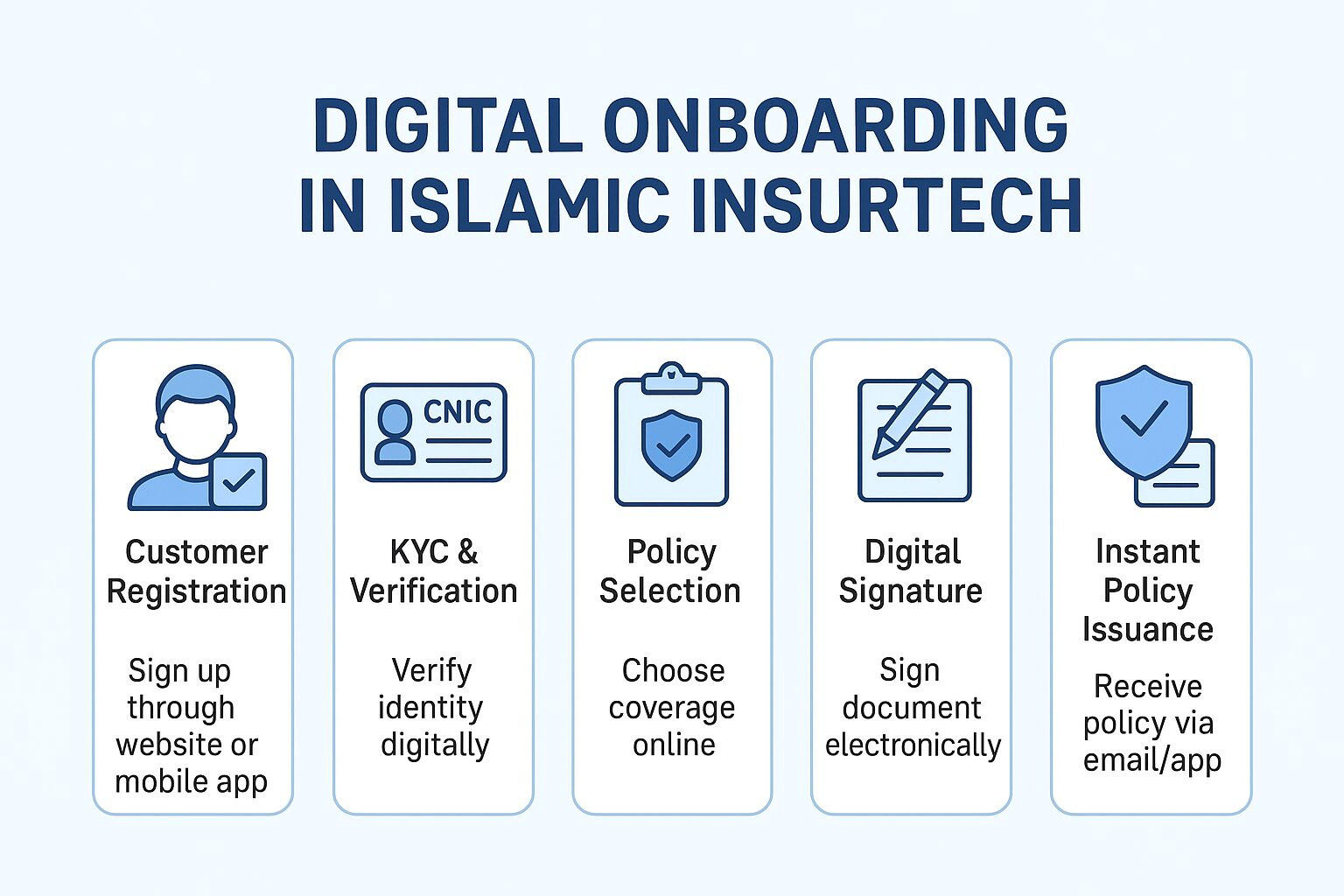Takaful practices in India, Bangladesh, Pakistan, Kenya, and Morocco:
There is no law for Islamic banking, finance, or insurance in India. Bangladesh’s Takaful industry faces several challenges compared to conventional insurance, including a lack of consumer awareness, a limited range of Takaful products, regulatory concerns, inefficient governance practices, Shariah board, and a shortage of skilled personnel, takaful knowledge for both employee and customer.
The authors revealed that the governance system of Islamic insurance companies in Bangladesh is largely based on voluntary initiatives and a full-fledged Shariah governance framework is absent. All Islamic insurance companies in Bangladesh have their own Shariah Supervisory Board which performs Shariah audits and review activities.
Based on the critical review, the authors provide some suggestions for improving the Shariah governance framework of Islamic insurance. To motivate current market players, attract prospective investors, ensure accountability, and improve the quality of Shariah compliance, the government needs to develop a sound regulatory and legal framework for the Islamic insurance industry in which all stakeholders’ roles are clear.
Bangladesh’s government promoted takaful through tax incentives to Takaful companies and allowed Takaful companies to operate alongside conventional insurance companies. Takaful Insurance of Africa is the first Sharia-compliant underwriter in Kenya.
In Kenya, the penetration rate is 3% for a population of 40 million (AKI, 2011) while India at 4% penetration for a population of over a billion which contrasts with South Africa with a penetration of 16% for a population of 50 million. This shows the importance of having an insurance sector which can add more to the economic development of the country, which signifies a huge potential for the insurance business in the country.
Takaful Insurance of Africa was officially launched on 24th March 2011 after the regulator (IRA) issued a license to begin transacting Takaful business. adoption of Takaful in the Kenyan market has not only intensified competition but also brought in a new business model that is likely to enhance innovation and offer alternatives to those who have reservations about conventional insurance or are dissatisfied with it. The major challenges that they pointed out in their research included religion and misconception of Takaful, ignorance of Takaful products, negative perception, and lack of product innovation (Jane, 2014).
Insurers operating in Pakistan generally have ‘traditional’ business models – with sufficient loss absorbency capacity, favorable pricing, and low leverage utilization – indicating that they have adequate financial standing and are less likely to become a source of systemic risk.
Pakistan’s macro-financial conditions especially the level of economic activity and future trade scenario and growth in car sales and auto financing will remain important for the growth of marine, aviation, transport, and motor premiums. In Pakistan, the life insurance sector, however, has limited long-term avenues for investments due to several reasons including the limited scope and scale of the capital market and the dearth of long-term products. the life sector posted higher profits on the back of an increase in premiums.
In the non-life sector, fire and property damage premiums drove the increase in non-life gross premiums, however, non-life claims did not register a significant increase as fire and property witnessed a significant decline vis-à-vis the one-off spike in claims during the previous year caused by the urban flooding in the southern parts of the country (Financial Stability Review, 2021).
The insurance authority in Morocco, ACAPS, submitted a circular, a decree, and three models of contracts to the Higher Council of Ulemas for approval. The process is due to be completed in the next few weeks. Once the regulatory framework is approved and adopted officially, candidates will be able to apply for Takaful licenses. The Islamic banks in Morocco have started granting Murabahah financing without any insurance coverage in the absence of Takaful products as required by the Higher Council of Ulemas (IFN, 2018).






